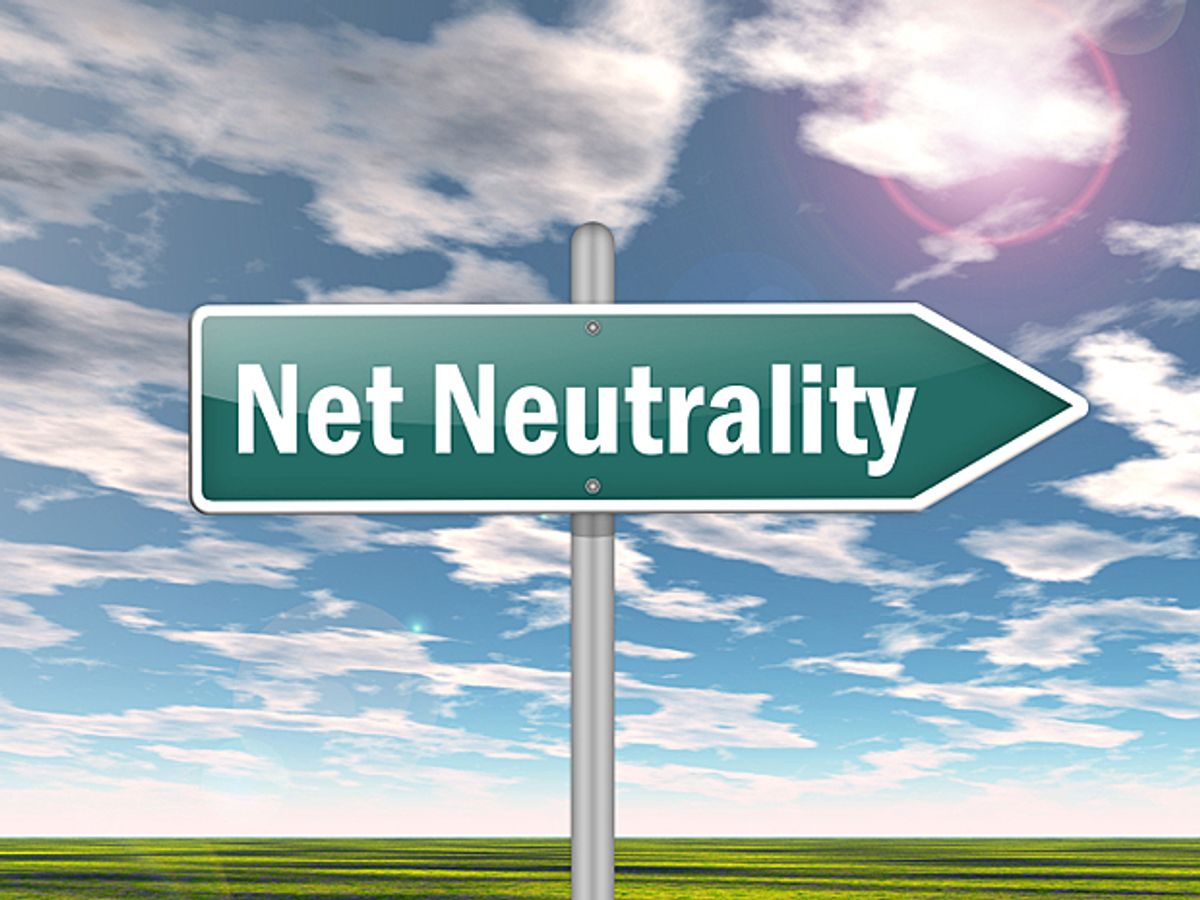Open Internet rules that have preserved equal treatment for all Web traffic could undergo a radical shift in the coming days. U.S. federal regulators plan to propose new rules today that would allow broadband providers such as Comcast, Verizon and Time Warner Cable to charge extra fees to companies for access to faster Internet lanes—perhaps signaling the death knell for net neutrality.
The Federal Communications Commission (FCC) plan has already triggered worries about the end of net neutrality—the principle of treating all Internet traffic equally regardless of whatever application or service generates it. Such rule changes could open the door for Internet service providers (ISPs) to charge companies extra for preferential treatment in delivering Internet services such as streaming movies and music, enabling online phone calls or playing online games, according to the Wall Street Journal. But the FCC would still oversee new ISP policies to ensure they're "commercially reasonable" and don't favor traffic from affiliated entities, said Tom Wheeler, chairman of the FCC, in a blog post.
That might not be terrible in the long run for big companies such as Google, Amazon, or Netflix, but it could put an extra burden on new tech startups that would need to pay each broadband provider extra to compete equally in delivering their online services, said John Bergmayer, a senior staff attorney at Public Knowledge, a not-for-profit public interest group that works to protect an open Internet. Bergmayer also discussed what a future without net neutrality might look like during an IEEE Spectrum Techwise podcast in February.
"The long term is we don’t want Internet access to become much more like cable television, where you can only access the content that your cable provider has cut deals with in some way. I don’t think, though, that the changes would be very sudden. I think ISPs know that if they go too far too fast, even without rules, that could prompt new legislation, consumer outcry of some kind. So what’s more likely to happen is things will change slowly. Over time they’ll introduce new services that are not neutral."
Consumer advocates worry that the death of net neutrality could lead to higher fees being passed on to ordinary consumers by companies such as Disney or Netflix that might pay for the Internet fast lane delivery, according to the New York Times. A side effect could take the form of restricted choices in online services as companies that can afford to pay the premium crowd out competitors who can't afford to pay. Chairman Wheeler denied that the proposed rule changes would lead to "anti-competitive price increases for consumers," citing the "commercially reasonable" rule of thumb as allowing the FCC to prevent such instances.
The FCC's change in direction on net neutrality comes after a U.S. court in January struck down the legal basis for the FCC's former regulations meant to ensure net neutrality. Now the FCC appears to be trying to take a middle ground between its promise to preserve an open Internet and broadband providers' interest in creating new business models by charging companies extra on top of Internet service payments already made by ordinary consumers, according to the Wall Street Journal. (FCC net neutrality rules already don't apply to wireless carriers that provide mobile Internet service to smartphones and tablets.)
Debate will likely only intensify as the FCC moves forward with circulating its new proposal today among its commissioners. That would set the stage for public comments on the proposal beginning on May 15, as well as likely putting the issue to vote by the end of the year.
Jeremy Hsu has been working as a science and technology journalist in New York City since 2008. He has written on subjects as diverse as supercomputing and wearable electronics for IEEE Spectrum. When he’s not trying to wrap his head around the latest quantum computing news for Spectrum, he also contributes to a variety of publications such as Scientific American, Discover, Popular Science, and others. He is a graduate of New York University’s Science, Health & Environmental Reporting Program.



